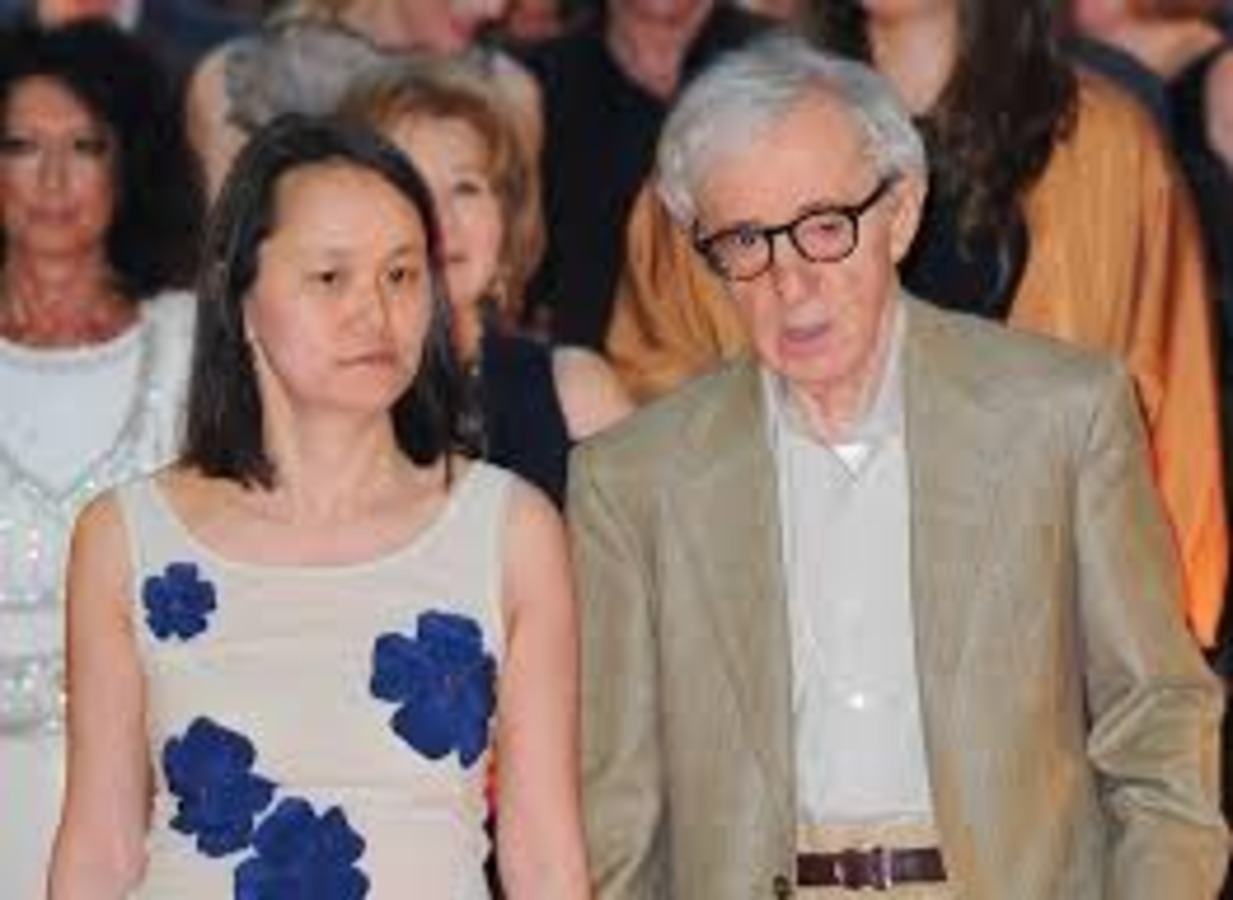Harlene Rosen‘s name may not immediately ring a bell for many, but for those familiar with the legendary filmmaker Woody Allen, she occupies an essential chapter in his personal history. She is Allen’s first wife, and their relationship, though brief, became a significant part of his early life and creative works. However, reducing Rosen’s identity solely to her connection with Allen would be a disservice to her individuality and personal life. This article seeks to delve into Harlene Rosen’s life, explore her experiences, and address the public spotlight that followed her after her association with Woody Allen.
Early Life and Background of Harlene Rosen
Harlene Rosen was born in 1939 into a family with deep roots in New York City, a city she would later share with Woody Allen during their marriage. Not much is widely known about her early life, as Rosen has remained a private individual, even during and after her marriage to the famous director. However, it is evident that her formative years in New York played a significant role in shaping her persona.
New York City during the mid-20th century was a cultural and intellectual hub, nurturing great artists, thinkers, and visionaries. It is within this fertile environment that Rosen’s life intersected with Woody Allen. At the time, she was a young woman, filled with aspirations, curiosity, and a desire to carve out her own path.
Marriage to Woody Allen
Harlene Rosen met Woody Allen when she was just 17 years old, and the two married shortly thereafter in 1956, when Rosen was only 19 and Allen 20. Their marriage occurred during Allen’s early career when he was still trying to establish himself as a stand-up comedian and writer. The couple lived together in New York City, where Allen worked on developing his craft while Rosen supported him.
The age difference, though minimal, and the differing life stages of both individuals became evident as the marriage progressed. Rosen, being young and still finding her identity, found herself in a challenging position, caught between the pressures of being the wife of a budding public figure and her personal development. Allen’s career demands further complicated matters, and after five years of marriage, the couple decided to part ways in 1962.
The Divorce and its Aftermath
The divorce was not amicable, and both Rosen and Allen went their separate ways, but the public did not forget about Rosen. Unfortunately, for many years, Rosen’s name became synonymous with Allen’s comedic routines, as he frequently referenced their marriage and divorce in his early stand-up acts. Many of these jokes were derogatory, portraying Rosen in a negative light, which left a lasting impact on her reputation.
One of the more famous jokes Allen made at Rosen’s expense referred to her as “the Quasimodo of Brooklyn,” which was hurtful and demeaning. Rosen, understandably, did not appreciate being the subject of these public jabs, and in 1966, she sued Allen for defamation. The lawsuit was eventually settled, but it marked a significant moment in Rosen’s life as she took control of her narrative and fought against the unfair depiction of her in the public eye.Harlene Rosen
Living in the Shadows of Fame of Harlene Rosen
Rosen’s marriage to Woody Allen left an indelible mark on her life, especially given Allen’s rising fame in the subsequent years. Despite their divorce, Rosen’s name was continually brought up in relation to Allen, leading her to live much of her life in the shadow of her ex-husband’s growing popularity. Allen’s career trajectory skyrocketed in the 1960s and 1970s, making him a household name. Meanwhile, Rosen, who largely retreated from public life, became a figure more known by association than for her own achievements.Harlene Rosen
This dynamic is common for many individuals who have relationships with famous figures, where their own identities become eclipsed by the notoriety of their former partners. For Rosen, her association with Allen was something she could never fully escape, despite her efforts to move on and create a separate life for herself.
The Impact of Public Scrutiny of Harlene Rosen
The public scrutiny Rosen endured as a result of her relationship with Woody Allen had a lasting impact on her life. Being constantly associated with a former partner can create significant psychological pressure, especially when that partner is a controversial public figure. Allen’s later relationships, particularly with actress Mia Farrow and Soon-Yi Previn, as well as his controversial public persona, kept Rosen’s name in the media spotlight long after their marriage ended.
The constant reminder of her past marriage made it difficult for Rosen to live her life without the specter of Woody Allen hanging over her. For many years, she sought to keep a low profile, avoiding media attention and refraining from engaging in public discourse about her former marriage.
Rosen’s Life After Allen
In the years following her divorce from Woody Allen, Harlene Rosen made a concerted effort to live a life outside of the public eye. Details about her personal and professional life post-divorce are scarce, as she has chosen to keep her privacy intact. However, what is clear is that Rosen did not pursue the path of fame or public recognition that often comes with being linked to a celebrity.
Instead, Rosen’s life appears to have been one of quiet introspection and personal growth. Unlike Allen, who built a career on the public stage, Rosen has chosen a more private existence, far removed from the glare of Hollywood and the media frenzy that accompanies it.
Legacy and Reclaiming Her Identity of Harlene Rosen
Today, Harlene Rosen remains an enigma, a figure often overshadowed by her past but deserving of recognition as an individual with her own story. Her marriage to Woody Allen is often the focal point when discussing her life, but it is important to remember that she is more than just the ex-wife of a famous filmmaker.
Rosen’s decision to sue Allen for defamation marked a pivotal moment in her life, as it showed her willingness to fight for her dignity and push back against the negative portrayals of her in the public sphere. It was a move that helped her reclaim some control over her narrative and distance herself from the image that Allen’s comedic routines had created.
Conclusion
Harlene Rosen’s life story is one of resilience in the face of public scrutiny and the challenge of being associated with a famous figure. While her marriage to Woody Allen may have shaped much of her public identity, Rosen has always been more than just a footnote in Allen’s life. Her strength in confronting the public perception of her and choosing to live life on her own terms is a testament to her character.
As the years have passed, Rosen has largely faded from the public eye, but her legacy endures as an example of a woman who refused to be defined solely by her relationships. In a world that often reduces individuals to their associations with famous figures, Harlene Rosen’s story is a reminder of the importance of recognizing the complexities of each person’s journey, independent of who they are linked to.











